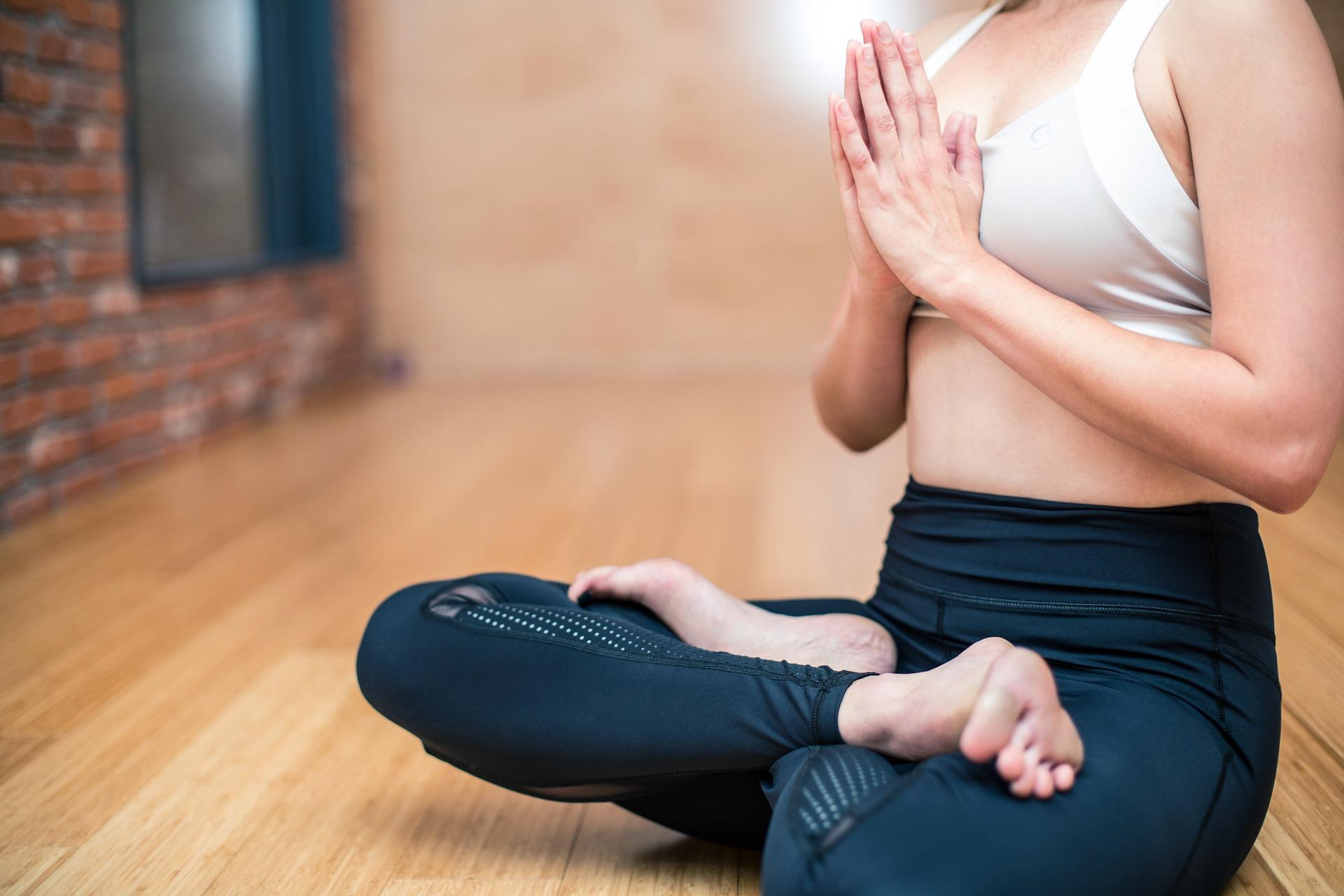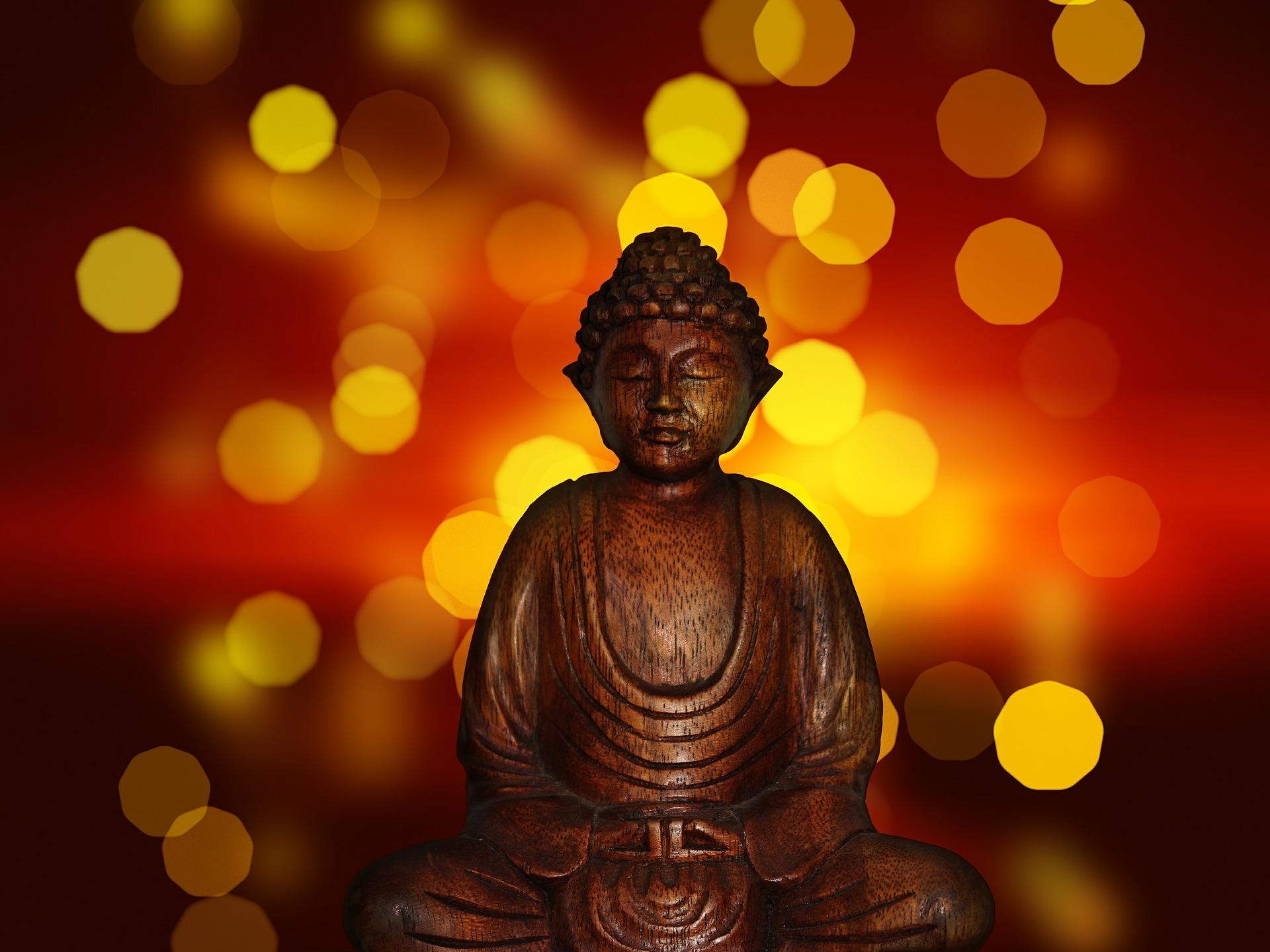"Every breath we take, every step we make, can be filled with peace, joy and serenity." - Thich Nhat Hanh
Most of us are familiar with meditation, but what is mindfulness meditation? What are the benefits of doing it? And who can do it? The discipline has grown a lot in recent years. The main reason is due to an increase in daily stress that many people are trying, often unsuccessfully, to beat. It can be difficult to get rid of everyday anxiety, let the good feelings in, or work out what is really best for our well-being. According to a study, 85% of UK adults experience stress regularly and over a third of British residents feel stressed for at least one full day per week. What better reason to try mindfulness meditation? It’s a simple technique that doesn’t require any special equipment and it's great for stress reduction! Are you familiar with mindfulness-based stress reduction?

What Exactly is Mindfulness?
Not a lot of people actually know exactly what mindfulness meditation is. However, it's the most popular meditation practice. It's a common misconception that you have to be Buddhist or regularly attend a relaxation retreat to enjoy meditation! Find exceptional yoga classes on Superprof. 
- Better understand ourselves
- Reduce stress and relax
- Combat negative thoughts and find happiness by being mindful of how both your mind and body work
- Feel more present in the here and now by letting go
- Learn to manage chronic pains through spiritual healing
- Stop smoking or other addictions that can cause suffering in our lives
This is the type of meditation that combines leisure and exercise. It’s a good idea to start off gently with guided meditation to help you learn how to just let go. There are three main things to focus on when you meditate:
- Being more aware of what’s happening around us, of where we are, and existing in the moment.
- Trying to not intervene, to not move to or focus on something that we’re thinking about or feeling.
- We’re not trying to define or analyse what we’re doing or feeling, we’re just observing what’s happening.
Once you achieve these, you’ll find yourself freed, even when working, and you can start working towards feeling completely fulfilled. You too could achieve peace through guided meditation...
Where Does Meditation Mindfulness Originate from?
Mindfulness meditation originated from Buddhism. It is one of the factors of enlightenment and is the seventh element of the noble eightfold path which leads to Nirvana. In the 6th century BC, Buddha was hugely important figure and placed a lot of importance on mindfulness meditation. He saw it as much as a process as a belief which is probably the reason why it’s still practised nowadays. The term is a translation of the Sanskrit samma-sati and refers to a consciousness focused on its actions and thoughts. The idea hasn’t changed much since then! In the West, the idea was introduced to America by the doctor Jon Kabat-Zinn. He helped make mindfulness a part of medicine and psychology. Learn how you can meditate with YouTube...

The Benefits of Mindfulness Meditation
There are a lot of benefits to practising mindful meditation, many of which you’ll start seeing during your very first session:
- A better understanding of the world around us
- An instant feeling of relief
- Stress reduction over the long-term
- Mindfully focusing on the present moment with little distraction
- A state of inner calm
- Distancing yourself from negative elements and gaining compassion
- Understanding your own emotional reactions, cognitive processes, mood, and each psychological sensation
Unlike going into autopilot, mindfulness meditation makes us active in our everyday lives. If you work on your technique, it can help you to improve your well-being in the long term. Find a place to take a yoga class near me. 
“Just watch this moment, without trying to change it at all. What is happening? What do you feel? What do you see? What do you hear?” - Jon Kabat-Zinn
Discover these meditation techniques for beginners...
Practise Guided Meditation with a Teacher
If you’re worried about starting meditation on your own, don’t panic! There are plenty of places all over the country where you can learn how to free your mind and spirit. 
Meditation Exercises You Can Do on Your Own
There’s nothing stopping you from doing mindfulness meditation on your own. You can manage stress, stop smoking, alleviate anxiety, or just focus on the essential without somebody else’s help. We’re all capable of focusing on the important things, being aware, and listening to our body and the world around us. If Emile Hirsch could do it in Into the Wild, why not you? This can all be done with everyday actions that we do almost routinely without thinking about them. A simple exercise you can do is to think about what you’re doing when you’re brushing your teeth. Focus on the movements you make with your hand, how the brush feels in your mouth and on your tongue. Forget about everything else and focus on the details, the taste of the toothpaste, and everything you’re currently experiencing. Breathing is also an important element of these types of exercises as it can help us concentrate better, which is important when doing mindfulness meditation. Calm and normal breathing is far more important than short and shallow breathing. While it might seem simple since we breathe all the time, it’s one of the most important actions we do every day. Thinking about your breathing is one of the first steps when doing mindfulness meditation. Take yoga classes on Superprof now!
Finding a State of Mindfulness
So how can you achieve mindfulness? 
Summarise with AI:















